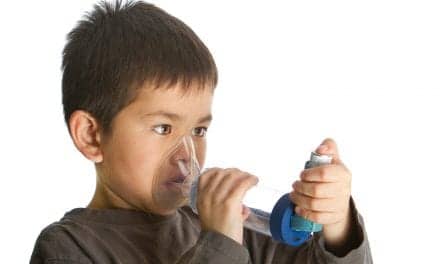Among adults without asthma who developed an acute lower respiratory tract infection, use of the oral steroid prednisolone for five days did not reduce symptom duration or severity, according to a study published by JAMA.
Acute lower respiratory tract infection, defined as an acute cough with at least one of the symptoms of sputum, chest pain, shortness of breath, and wheeze, is one of the most common conditions managed in primary care internationally and is often treated inappropriately with antibiotics. Corticosteroids are increasingly used but without sufficient evidence.
Researchers at University of Bristol (England) randomly assigned 401 adults with acute cough and at least one lower respiratory tract symptom not requiring immediate antibiotic treatment and with no history of chronic pulmonary disease or use of asthma medication in the past 5 years to receive two 20-mg prednisolone tablets (n = 199) or matched placebo (n = 202) once daily for 5 days.
Of the patients in the study, 334 provided cough duration and 369 symptom severity data. The researchers found that median cough duration was 5 days in the prednisolone group and 5 days in the placebo group. No significant treatment effects were observed for duration or severity of other acute lower respiratory tract infection symptoms, antibiotic use, or non-serious adverse events. There were no serious adverse events.
The study notes some limitations, including that there was a higher than expected number of participants with zero duration of moderately bad or worse cough, although a sensitivity analysis including these participants did not influence the results.
“These findings do not support oral steroids for treatment of acute lower respiratory tract infection in the absence of asthma,” the authors wr0te.









